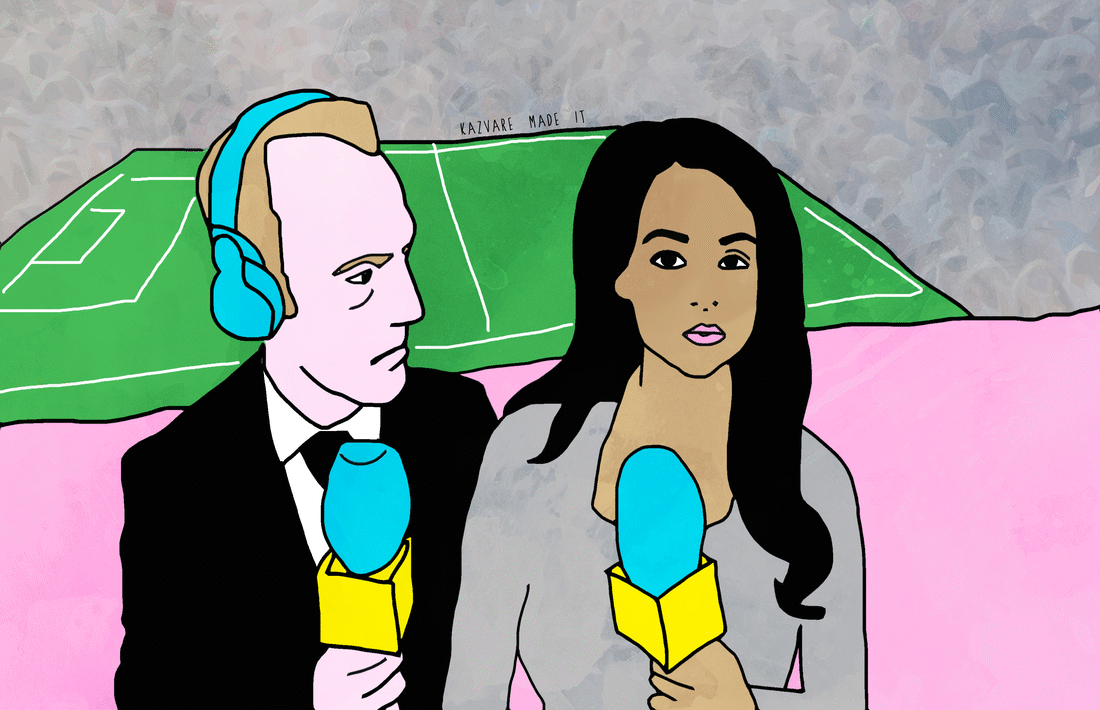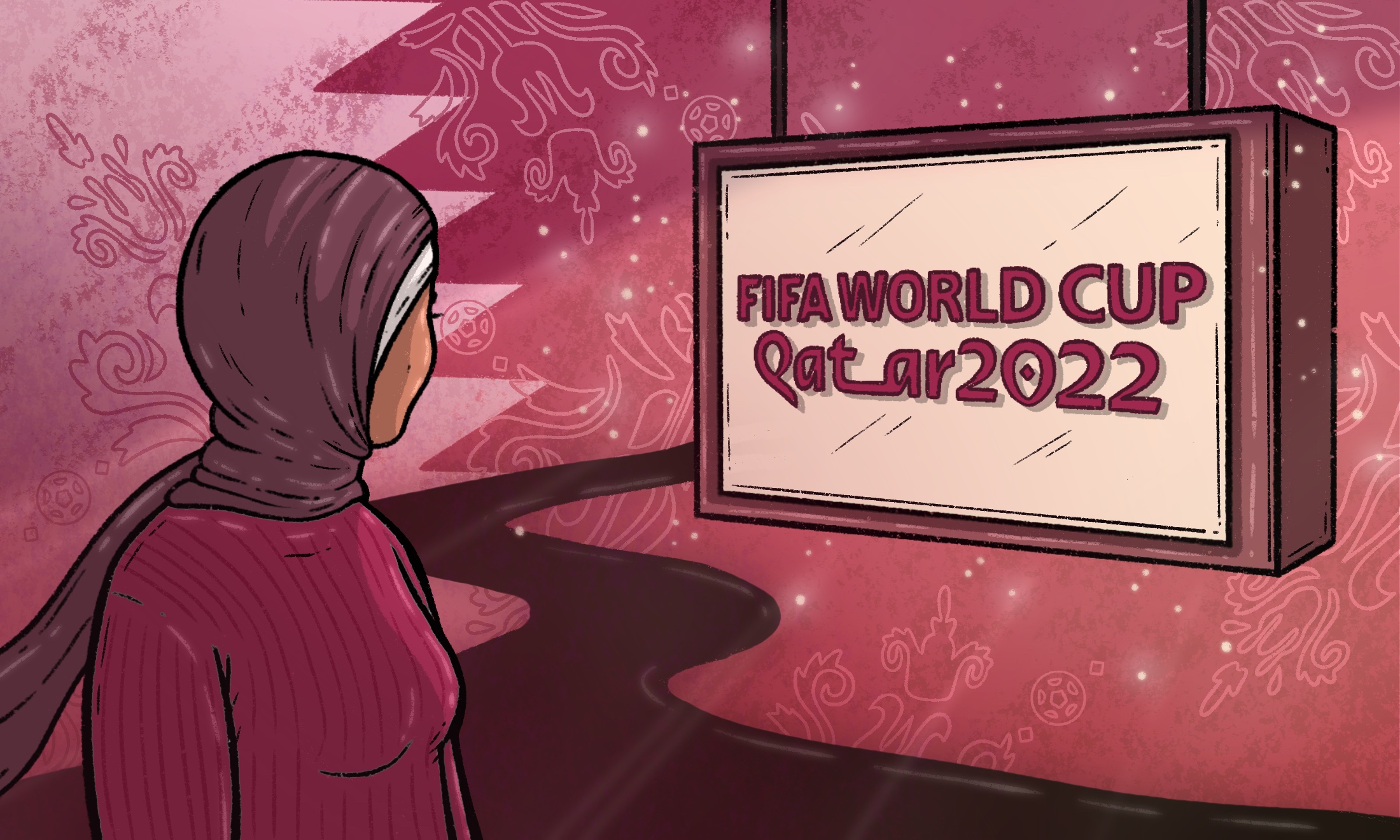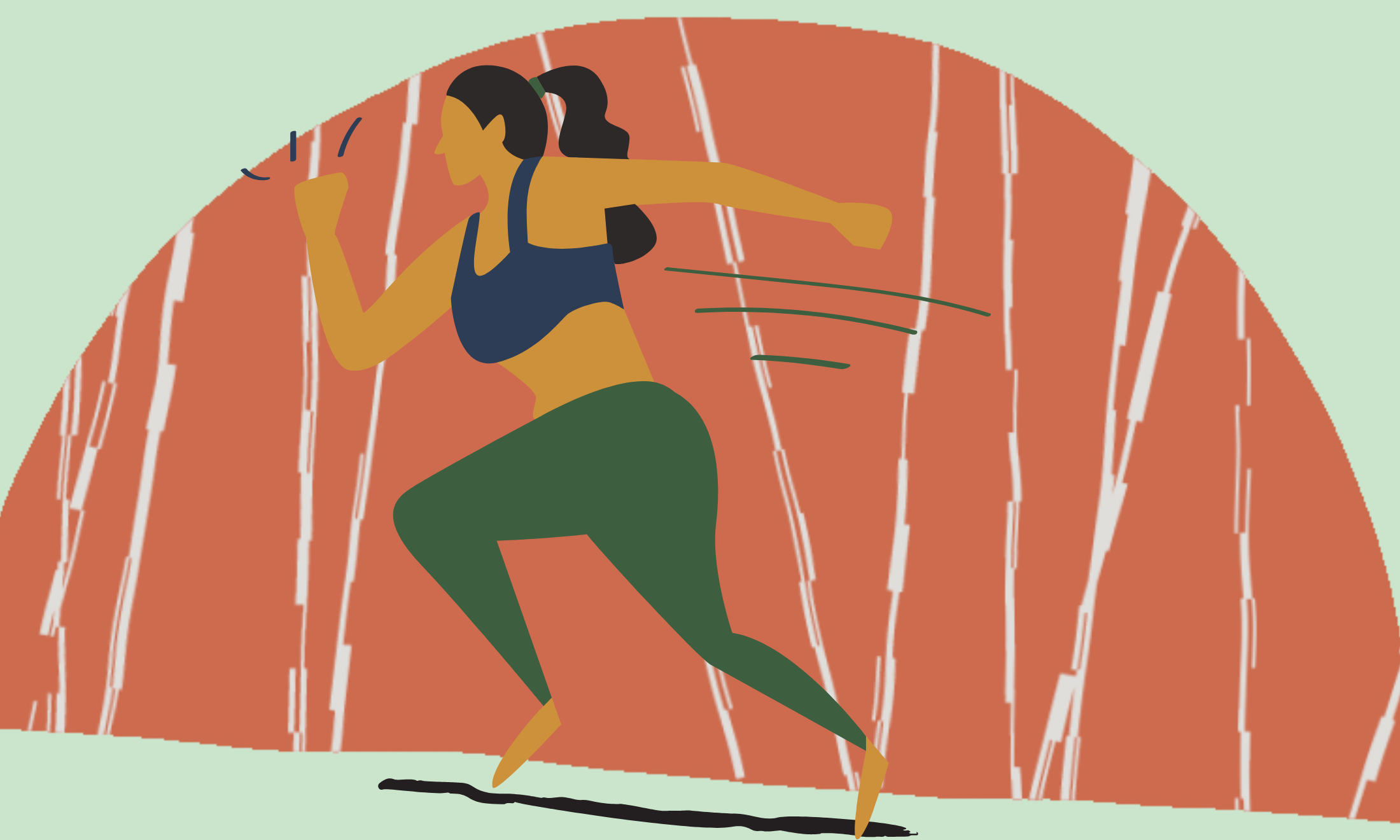
Like many football fans, I am watching the World Cup this year. However, whilst watching this year’s competition, I’ve noticed what seems like a step change in coverage. Vicki Sparks made history as the first woman commentator for a live World Cup match between Portugal and Morocco. Unfortunately at the same time, former England skipper John Terry decided to post on his Instagram story that he was “having to watch this game with no volume.” The post was swiftly deleted.
We’ve also had Eni Aluko and Alex Scott featured as woman World Cup pundits on ITV and the BBC. Whilst I was particularly proud to see Aluko, a black woman (who has been gaslighted frequently by the British press) serving up gameplay insights, I couldn’t be the only person cringing when Patrice Evra applauded Aluko in what appeared to be a very patronising manner. I’d like to think that a woman who has 102 caps for England would know more than just a little bit about football. This type of behaviour is not dissimilar to when Cam Newton of NFL fame responded to a woman sports journalist by saying: “It’s funny to hear a female talk about routes.” Yuck. As a headline in the Telegraph put it, women in football are “mocked for knowing too little, patronised by knowing too much.”
“I’d like to think that a woman who has 102 caps for England would know more than just a little bit about football…”
The public’s reaction to Eni’s ITV appearance went on to demonstrate sexism and racism purposefully tucked behind the keyboards and screens of many men today. We’ve previously seen examples of brazen sexism in football when the only place for women in the sport was being labelled a WAG. Sian Massey, a lineswoman for a Premier league game between Wolves and Liverpool was faced with sexist comments from ex-Sky Sports presenters Andy Gray and Richard Keys in a conversation they thought was off mic. Ultimately this didn’t seem to make a difference to Gray and Keys’ careers as they’re probably making more money over at Bein Sports.
This begs the question: why is it that when it comes to football women are still not viewed as entitled to have an opinion on the sport? I have found that talking about athletics, tennis, or even rugby is “acceptable” but a societal line is drawn when it comes to football. On several occasions I’ve come across comments insinuating that women tweeting about football are doing so to gain attention from men or have no idea what they’re talking about. In some cases, internalised misogyny means these type of comments have even come from women.
“Why is it that when it comes to football women are still not viewed as entitled to have an opinion on the sport?”
Are television stations simply carrying out a box-ticking exercise by on-boarding women as World Cup pundits? I’d like to think that this change reflects the that times we’re in. The “This Girl Can” campaign features a tag line: “I kick balls, deal with it”, defying stereotypes and encouraging women and girls to take up the sport. Felicia Pennant’s SEASON zine offers content and safe places for women who are football fans. England’s women’s team has also seen recent success in their 2015 World Cup campaign by beating Germany in the third-place play offs.
There are still a lot of questions to be asked regarding women’s place in football, known to be one of the most sexist environments. Is the game changing? Only time will tell.









